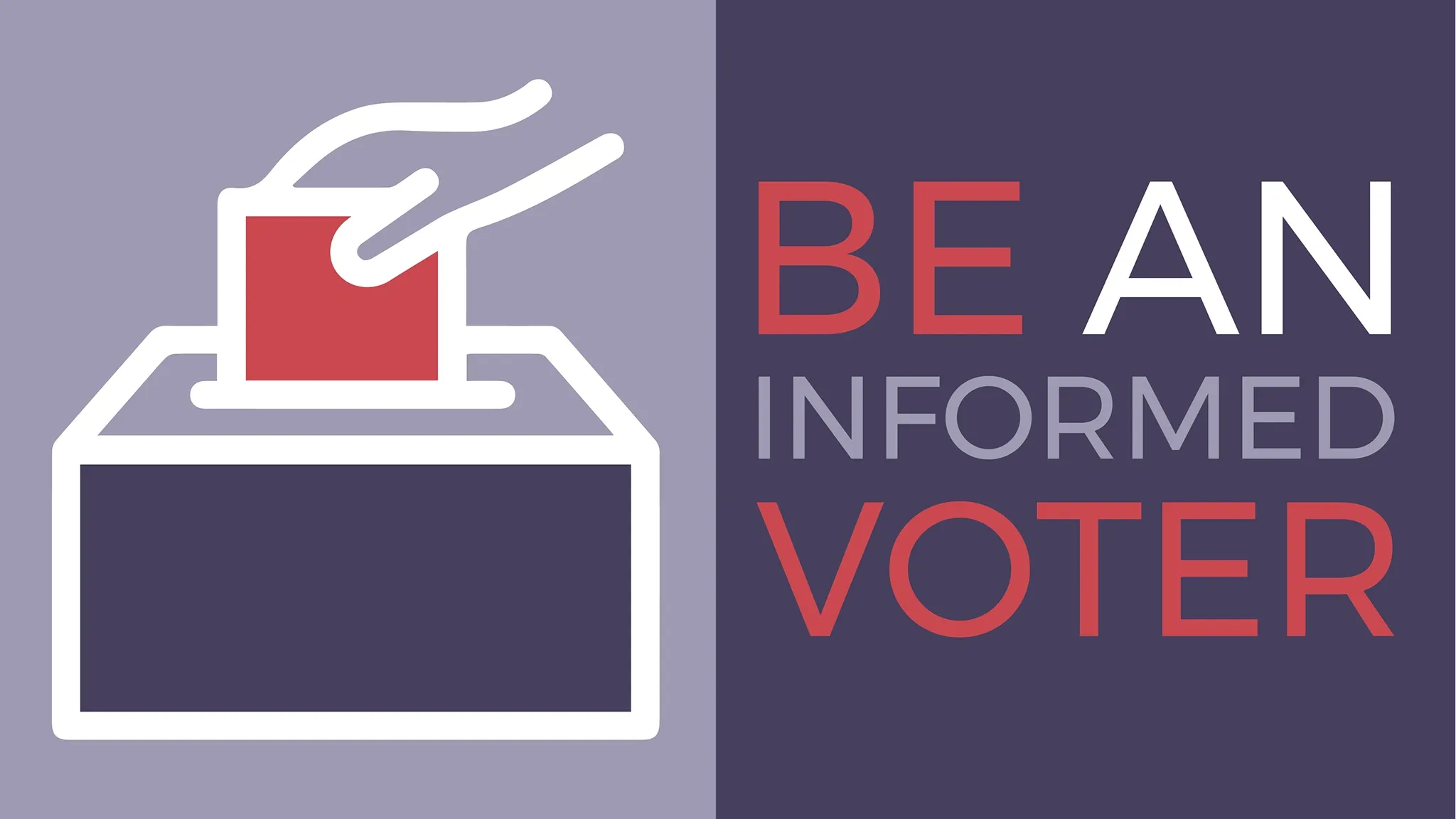Thomas Jefferson argued that the American experiment would succeed only if the American Experiment to succeed. While I disagree with some of Jefferson’s ideas, I do like that he championed public education. He also believed that our system would do better with more direct democracy than with our representative form.
Jefferson’s observations on the importance of education and participation weigh heavily on my mind right now. Several people tout high voter turnout in the most recent election, but turnout only includes registered voters. It doesn’t acknowledge that less than 50% of eligible voters in District 33 are even registered.
But even more alarming to me is the way voters make their decisions. A recent study from Blueprint looking at policy positions of presidential candidates found a couple of interesting trends:
- Most people preferred the policy positions espoused by Harris and Democrats—until they found out who proposed them.
- Most of the policy positions cited as deciding factors weren’t actual positions. They were the positions that social media personalities and people on the right SAID were the positions of Democrats.
These trends go back to before 2016. Rather than examining actual policy positions, decisions are made based on “teams.” Obsession with party above policy, candidate or even country has contributed to some of these contradictions. Numerous studies show that voters choose candidates who won’t benefit them not because they agree with the policies but because they don’t actually know what those policies are.
Misinformation about policies and politics as team sports are used more in decision-making than policy positions, character or morality. There’s a reason George Washington warned against getting caught up by parties.
We see it in Idaho as well. A local librarian told me patrons were upset about rules implemented because of the extremely unpopular HB710. They blamed librarians instead of the legislators who are actually responsible. Additionally, most of the “representatives” who voted for the library bounty bill retained their seats.
According to Boise State’s 2024 Idaho Public Policy Survey, most Idahoans aren’t happy with the current state of reproductive rights. However, our legislature is likely to enact even more draconian legislation in the coming months. Even though public education funding retains strong support in Bonneville County and the rest of Idaho, policymakers will likely push through unpopular and expensive vouchers, siphoning funds away from public schools.
Indeed, our legislators seem more interested in culture war issues and enacting policies designed to enrich their friends. But why should they work on behalf of Idaho’s citizens? They aren’t held accountable for their votes in the legislature. And a sizable percentage of Idahoans eligible to vote aren’t even registered.
I don’t know what the answer is. Our system is increasingly designed to create barriers to participation, and I don’t know how to make people care. But I do know that, until more people become engaged and educated, we will continue to complain about our government while keeping the same people in charge.
Miranda Marquit, Master of Business Administration, is a nationally recognized financial freelance writer, editor, speaker and consumer advocate. She is the vice chair of the Bonneville County Democratic Central Committee.

